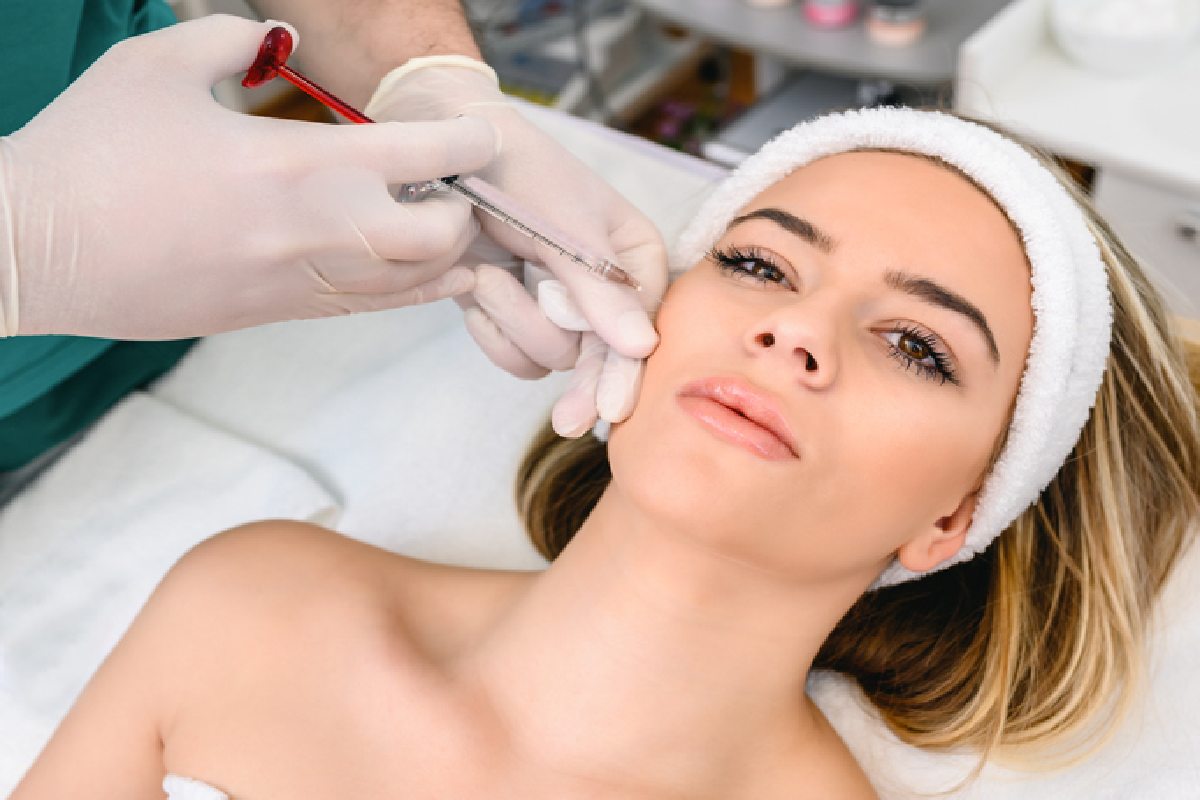Excessive blushing, known as pathological or chronic blushing, can be an emotionally challenging condition, often leading to discomfort and self-consciousness. While there are various approaches to managing facial redness, one innovative solution gaining attention is the use of botox injections. In this comprehensive guide, we will explore the role of botox in controlling excessive blushing and facial redness, shedding light on the procedure, its benefits, and whether it could be the right choice for you.
Table of Contents
Understanding Excessive Blushing
Excessive blushing is a physiological response to emotional triggers, typically related to stress, anxiety, or embarrassment. In some individuals, this response becomes exaggerated, leading to frequent and intense facial flushing. Chronic blushing can be socially challenging, impacting personal and professional interactions and causing emotional distress.
Common triggers for excessive blushing include:
- Social Situations: Public speaking, meeting new people, or even casual conversations can trigger excessive blushing.
- Embarrassment: Feelings of embarrassment, even over minor incidents, can lead to intense facial redness.
- Anxiety: Social anxiety, performance anxiety, and other forms of stress can exacerbate blushing.
- Self-Consciousness: The fear of blushing itself can lead to a cycle of increased blushing, creating a self-perpetuating problem.
The Role of Botox in Managing Excessive Blushing
Botox, a neurotoxin derived from the bacterium Clostridium botulinum, is primarily known for its use in cosmetic procedures to reduce wrinkles and fine lines. However, in recent years, medical professionals have explored its applications beyond aesthetics, including managing excessive blushing.
Here’s how botox works in controlling facial redness:
- Blocking Nerve Signals: Botox works by blocking the nerve signals that control the muscles and blood vessels in the skin. When injected into specific areas of the face, it can inhibit the excessive dilation of blood vessels, preventing intense facial redness.
- Reducing Sweating: In addition to its effect on blood vessels, botox can also help reduce excessive sweating, another common symptom associated with blushing.
- Temporary Effects: Botox’s effects are temporary, typically lasting for several months. This allows individuals to assess whether the treatment is effective for their condition before considering additional injections.
The Botox Procedure for Excessive Blushing
The botox procedure for excessive blushing involves several key steps:
- Consultation: The process begins with a consultation with a qualified healthcare professional. During this consultation, the practitioner will assess the severity of the blushing and determine whether botox is a suitable treatment option.
- Injection: If botox is deemed appropriate, the practitioner will administer the injections in specific areas of the face, typically the forehead, nose, and cheeks. The number and location of injections will vary based on the individual’s needs.
- Minimal Discomfort: Botox injections are relatively painless, with most individuals reporting minimal discomfort. The procedure usually takes about 15-30 minutes to complete.
- Recovery: There is minimal downtime after a botox treatment for excessive blushing. Most individuals can return to their regular activities shortly after the procedure.
- Results: Botox takes a few days to start taking effect, with full results typically visible within one to two weeks. The results can last for several months.
Benefits of Botox for Excessive Blushing
Using botox to manage excessive blushing offers several notable advantages:
- Effective Redness Reduction: Botox has been shown to effectively reduce the intensity of facial redness associated with excessive blushing.
- Minimally Invasive: Botox injections are minimally invasive and do not require surgery or extended recovery periods.
- Minimal Discomfort: The procedure is relatively painless, with most individuals experiencing only minor discomfort during injection.
- Temporary Results: Botox’s temporary effects provide the opportunity to assess the treatment’s effectiveness without long-term commitment.
- Improved Quality of Life: For individuals who struggle with chronic blushing, botox can significantly improve their quality of life by reducing the emotional distress associated with the condition.
Is Botox the Right Choice for You?
Deciding whether botox is the right choice for managing excessive blushing should be made in consultation with a qualified healthcare professional. During the consultation, the practitioner will assess the severity of your condition and help you determine the suitability of botox as a treatment option.
Consider the following factors when deciding whether botox is right for you:
- Severity: Botox is most effective for individuals with moderate to severe excessive blushing.
- Health Considerations: Discuss any existing medical conditions or medications you’re taking with the healthcare professional, as this may impact your eligibility for botox.
- Expectations: Understand that while botox can effectively reduce redness, it may not eliminate blushing entirely.
- Maintenance: Botox’s effects are temporary, and ongoing treatments may be necessary to maintain results.
- Alternatives: Explore other treatment options, such as psychotherapy, medications, or lifestyle modifications, which may be suitable for your condition.
Conclusion: Controlling Facial Redness with Botox
Botox has emerged as a promising solution for managing excessive blushing and facial redness, offering effective results with minimal invasiveness. If you struggle with chronic blushing and the associated emotional distress, consider discussing the potential benefits of botox with a qualified healthcare professional. While botox is not a permanent solution, it can provide temporary relief from excessive redness, allowing you to assess its suitability for your unique situation. With the guidance of a medical expert, you can make an informed decision to improve your quality of life and regain your confidence in social situations.

